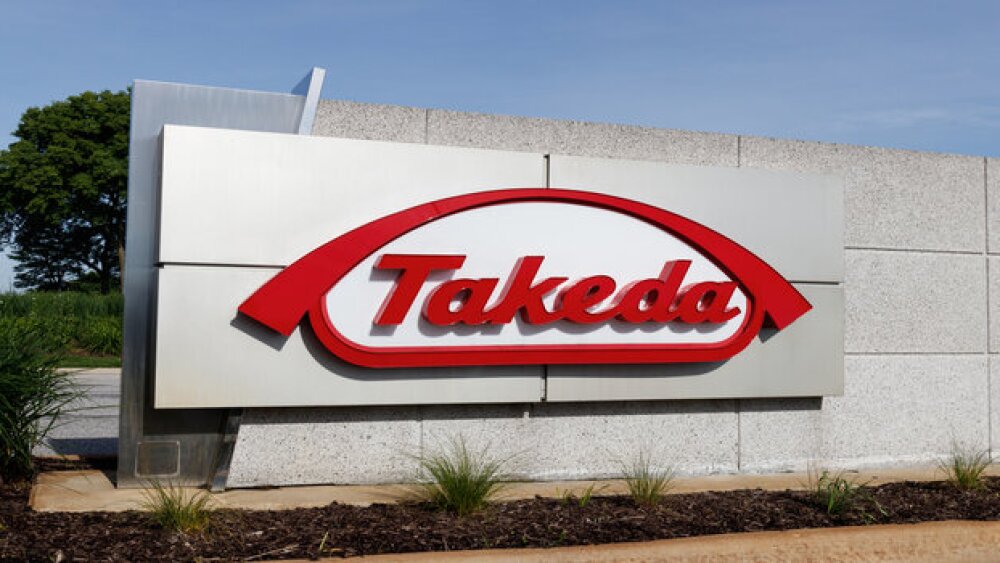SOUTH SAN FRANCISCO, Calif., Sept. 15 /PRNewswire-FirstCall/ -- Poniard Pharmaceuticals, Inc. today announced that 320 evaluable events (patient deaths) have occurred in its pivotal Phase 3 SPEAR (Study of Picoplatin Efficacy After Relapse) trial, which is being conducted in accordance with a Special Protocol Assessment (SPA) with the U.S. Food and Drug Administration (FDA), evaluating picoplatin in the treatment of small cell lung cancer (SCLC).
SPEAR Trial Design
The international, multi-center, randomized, controlled Phase 3 SPEAR trial is evaluating the efficacy and safety of picoplatin as second-line therapy in 401 cancer patients with SCLC who have not responded to or who relapsed following first-line platinum-based therapy. The primary endpoint of the trial is overall survival. The Statistical Analysis Plan of the trial, as agreed to in the SPA, is 90 percent powered to show a 33 percent reduction in risk in overall survival for picoplatin treatment with best supportive care (BSC) compared with BSC alone (hazard ratio of 0.67; p<0.05). The trial completed enrollment in March 2009.
About Picoplatin
Picoplatin is a new and differentiated platinum-based chemotherapeutic agent that is in clinical development for multiple cancer indications, treatment combinations and by two routes of administration. It is designed to overcome platinum resistance associated with chemotherapy in solid tumors. Study data to date suggest that picoplatin has an improved safety profile relative to existing platinum-based cancer therapies. More than 1,100 patients have received picoplatin. Results obtained to date suggest that hematologic events are common but manageable. Kidney toxicity (nephrotoxicity) and nerve toxicity (neurotoxicity) are less frequent and less severe than is commonly observed with other platinum chemotherapy drugs. Picoplatin has demonstrated anti-tumor activity in a variety of solid tumors.
About Small Cell Lung Cancer
SCLC is the most aggressive form of lung cancer and tends to be widespread by the time of diagnosis. According to the American Cancer Society, SCLC accounts for about 10 to 15 percent of all lung cancers. An estimated 32,000 new cases of SCLC were expected to be diagnosed in the United States in 2009, and 52,000 SCLC patients were projected to be treated in the United States in 2008 (1). The prognosis for patients with SCLC that has progressed despite chemotherapy is exceedingly poor. Effective second-line treatment for SCLC is a major unmet need. There is no standard chemotherapy for second-line platinum-refractory or -resistant SCLC.
This release contains forward-looking statements, including statements regarding the Company's projected time line for conducting a preliminary analysis of data from the SPEAR trial, the Company's intent to submit an NDA if the data from the trial is deemed to be favorable, the potential safety and efficacy of its picoplatin products in development and its drug development plans and regulatory and strategic goals. The Company's actual results may differ materially from those indicated in these forward-looking statements based on a number of factors, including risks and uncertainties associated with the Company's research and development activities; the results of clinical testing, including the risks that analysis of the SPEAR trial data and submission of the NDA may be delayed or that the data may not be sufficiently favorable to support the filing of an NDA; the receipt and timing of FDA and other required regulatory approvals, including the risk that the FDA may not approve picoplatin for use in the treatment of SCLC; if regulatory approval is received, the market's acceptance of picoplatin in the treatment of SCLC or the occurrence post-approval problems that may require the withdrawal of picoplatin from the market; the Company's anticipated operating losses, need for future capital and ability to obtain future funding; competition from third parties; the Company's ability to preserve and protect intellectual property rights; the Company's dependence on third-party manufacturers and suppliers; the Company's lack of sales and marketing experience; the Company's ability to attract and retain key personnel; changes in technology, government regulation and general market conditions; and the risks and uncertainties described in the Company's current and periodic reports filed with the Securities and Exchange Commission (SEC), including the Company's Annual Report on Form 10-K for the year ended December 31, 2008, and its Quarterly Report on Form 10-Q for the period ended June 30, 2009. Readers are cautioned not to place undue reliance on these forward-looking statements, which speak only as of the date of this release. The Company undertakes no obligation to update any forward-looking statement to reflect new information, events or circumstances after the date of this release or to reflect the occurrence of unanticipated events.
Poniard and Poniard Pharmaceuticals are trademarks of Poniard Pharmaceuticals, Inc.
SOURCE Poniard Pharmaceuticals, Inc.
CONTACT: Investors, Susan Neath of Burns McClellan, +1-212-213-0006,
sneath@burnsmc.com, or Media, Jani Bergan of WeissComm Partners,
+1-415-946-1064, jbergan@wcpglobal.com, both for Poniard Pharmaceuticals,
Inc.
Web site: http://www.poniard.com/




